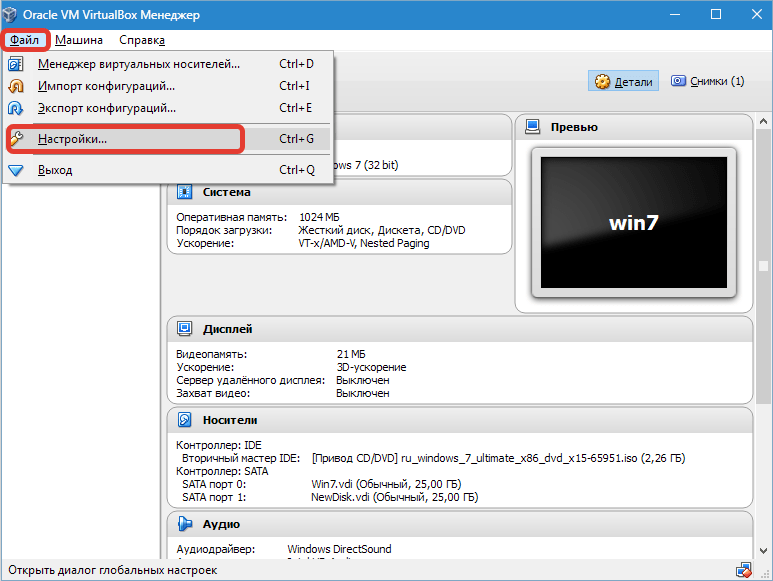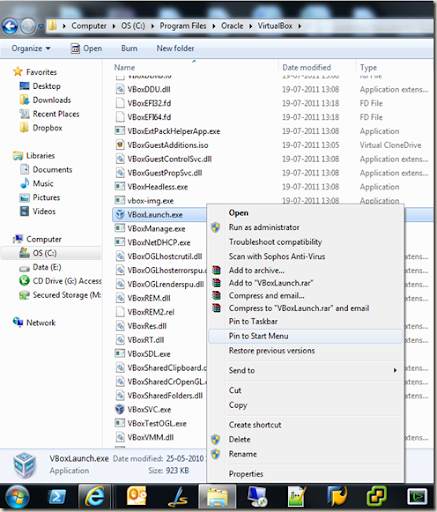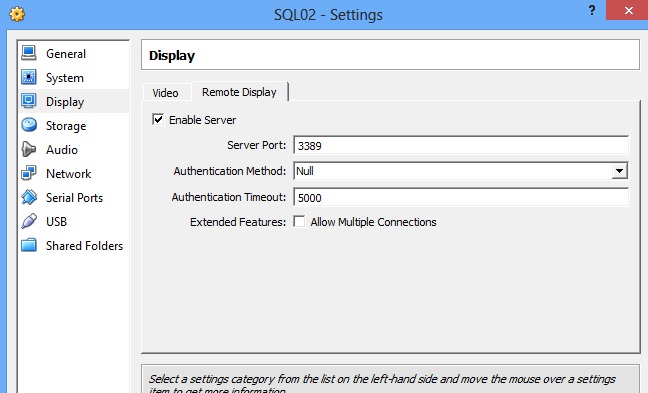
Then using qubes, as mentioned by William in a previous answer, virtualizes the apps that are used to access those same documents, thus reducing most attack vectors that may be caused just by opening them. I want to protect my business from people that may be determined enough to cause damage or steal my contractual and research documents that I keep in my computer. If your answer to this question would be something similar to: What do you want to secure yourself from? - schroeder The idea is to keep the host with the lowest risk of all.

Be extra alert with this one because of extra risk. Recycle this VM less frequently than others - about once a month. One VM where most "semi-parmanently logged in social media accounts" are maintained.Use uBlock Origin and uMatrix browser plugins even within the VMs to minimize contaminating the VMs through the browser route.This works when you're not worried about document leakage but do want to avoid malware infections from external documents.

#Virtualbox vms pdf#
As much as possible, leave attachments and documents online (e.g., use Chrome's in-browser PDF viewer / document viewer).

Delete after use (typically 1hr to 1wk, never longer). I clone these VMs when needed and use the clones as temporary VMs. To keep it to a minimum I use VM templates - VMs that I don't use directly, other than to run updates.
#Virtualbox vms download#
e.g., Documents received from / going to external sources that I must download and use go into one VM. You should consider your use and tailor it for your purpose. Here is how I use VirtualBox for routine daily use. However, for a security conscious person who's already practicing other security hygiene, using VMs for additional security works well. Usings VMs as a lone security measure is not enough. There is a lot more to take into consideration to have all the Security best-practices in place. NOTE: Don't forget that the virtual machine, separation only mitigates certain threats and attack vectors.

These steps will improve the average users information security significantly.
#Virtualbox vms install#
If you run a Linux based installation in your virtual machime, I'd suggest you to install a supported release and enable unattended Security upgrades, reboot the server whenever there is a new kernel installed.
#Virtualbox vms software#
There is a myriad of software for hardening in Windows such as EMET ( The Enhanced Mitigation Experience Toolkit), Microsoft Security Essentials and Windows Defender. Monitor leaks from hacked sites you might have registered yourself on through Īlways use the latest version of your web browser, Adobe PDF, Java and Flash if you need them at all.ĭon't install unsigned, outdated or pirated software.Įnable 2-factor authentication for your crucial accounts such as GMail, Facebook, etc.Įncrypt your backups, if having any ( pull).īe considerate with how you choose to split up your virtual machines.Ĭonfigure your Virtual Machines with none or limited access to folders etc, on your host machine. Have unique passwords, and change then regularly. Only open files, e-mails from trusted entities. Judging by your description of daily use you are a fairly low risk user. There is some operating systems such as Qubes ( ), who does app virtualization - which means that every single application run in it's own isolated instance. It's the guest you want to isolate from the host and not vice versa. Breaking out of a virtual machine takes some very sophisticated attacks, and is a highly regarded exploit on the 0-day market. So, if this is your business computer: It might make sense to encapsulate an installation inside a virtual machine if you ever would lend your computer for someone to use it, download/install unsigned software or torrents, etc. One example would be for Security Analysts, who is analyzing malware on a daily basis. This is a considerate move in terms of Security, if you're dealing with activities or files/software that pose a risk to compromise your data. In context of a Windows setup, a hypervisor such as VirtualBox, VMware helps isolate your guest from the host (the main installation of your OS).


 0 kommentar(er)
0 kommentar(er)
